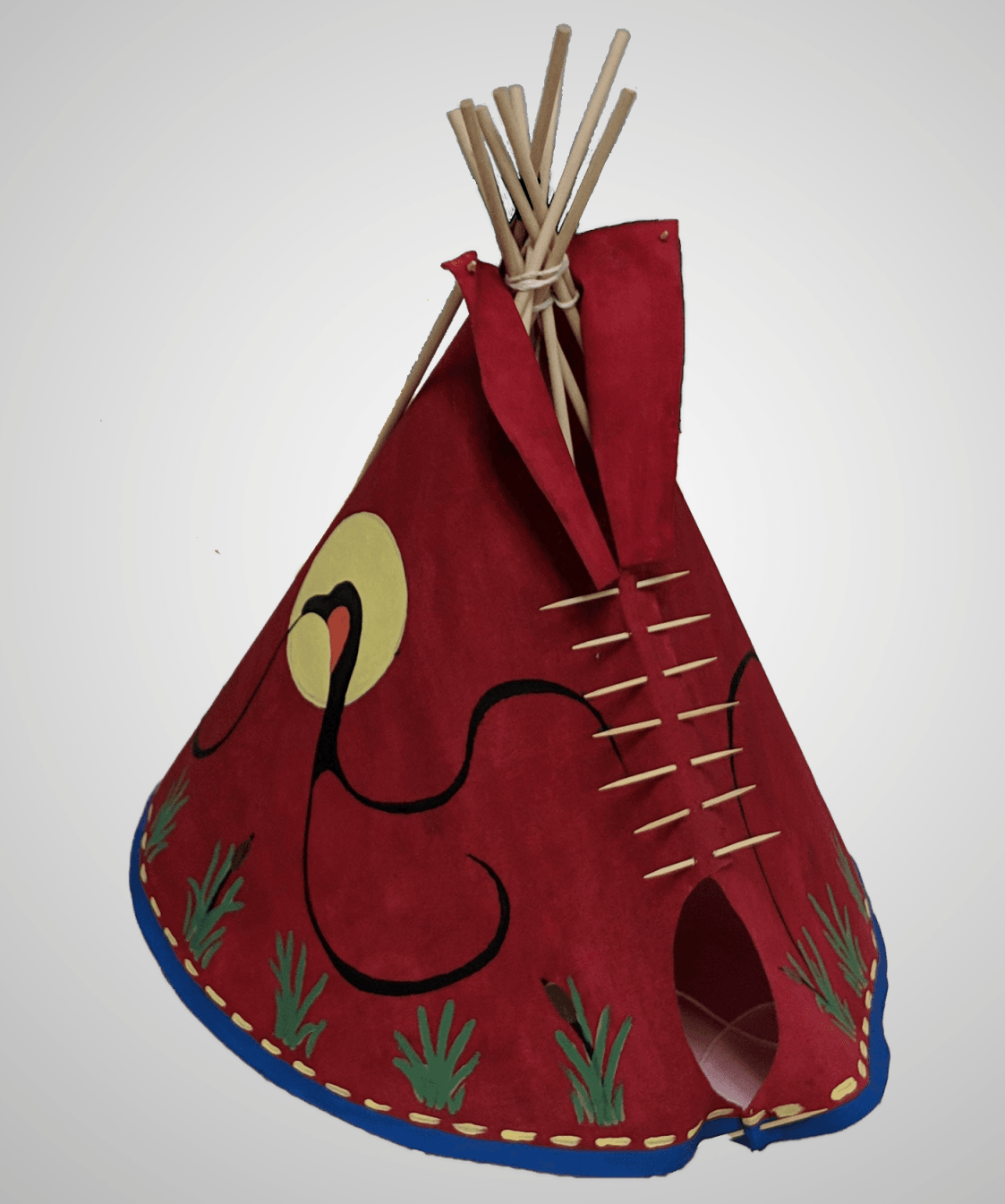Photo:
Golden Eagle Feathers image by Peter Kaminski from San Francisco, California, USA, CC BY 2.0 via Wikimedia Commons
One of the first questions I am often asked by non-Indigenous peoples is around terminology. There are many varying perspectives and opinions on whether Indigenous or Aboriginal is preferred. Some opinions have to do with Section 35 of the Canadian constitution and its reference to “Aboriginal” rights, others around the prefix “Ab” of Aboriginal having negative connotations. I would like to share my perspective.
Increasingly the term “Indigenous” to include First Nations, Métis and Inuit is preferred. This is in line with the United Nations Declaration on the Rights of Indigenous Peoples. It is important, however, to elucidate what you are referring to when specifying “Indigenous” peoples in a policy or strategy. Often, an organization may have a goal to include “Indigenous peoples” in their recruitment efforts, and yet are at a loss at what to do should they receive applicants who are “Indigenous” to their homelands, even if outside of Canada. If an organization is attempting to create an Indigenous recruitment strategy as part of their reconciliation efforts, or as a result of the Canadian Truth and Reconciliation Commission Calls to Action, then it would behoove the organization to be explicit in their efforts to do so.
When referring to a specific nation, however, it is preferable to listen to how the community or individual self-identifies. Dale Carnegie told folks in his 1936 book “How to Win Friends and Influence People” that “A person’s name is to that person the sweetest and most important sound in any language.” This principle can be applied to listening to how a Nation identifies, and to asking for the proper pronunciation on that Nation. To simply ask someone from the Nation how they pronounce their name and their Nation shows a deep respect for how they wish to be identified. This is particularly important if you are called upon to recognize the traditional territory that you are on when speaking to a group. As we evolve in recognizing and acknowledging Traditional Territories, the most important part is that the recognition is an evolution of our own understanding and a growth step in our own narrative around that recognition. It should not simply be a recitation from a script. I understand the discomfort those first few acknowledgements. If you need a script to ensure you do not forget someone, this is fine providing you are willing to take the time to really consider who and what you are acknowledging.
I hope that helps. If you have any questions you would love addressed in a future tip, feel free to send them to [email protected] with Inclusion Tips in the subject line. Your question may be addressed, anonymously, and your submission will be placed in a monthly draw for a prize next newsletter!


Photo:
Golden Eagle Feathers image by Peter Kaminski from San Francisco, California, USA, CC BY 2.0 via Wikimedia Commons
All Rights Reserved | IndigeSTEAM Society | Website Created by CCC